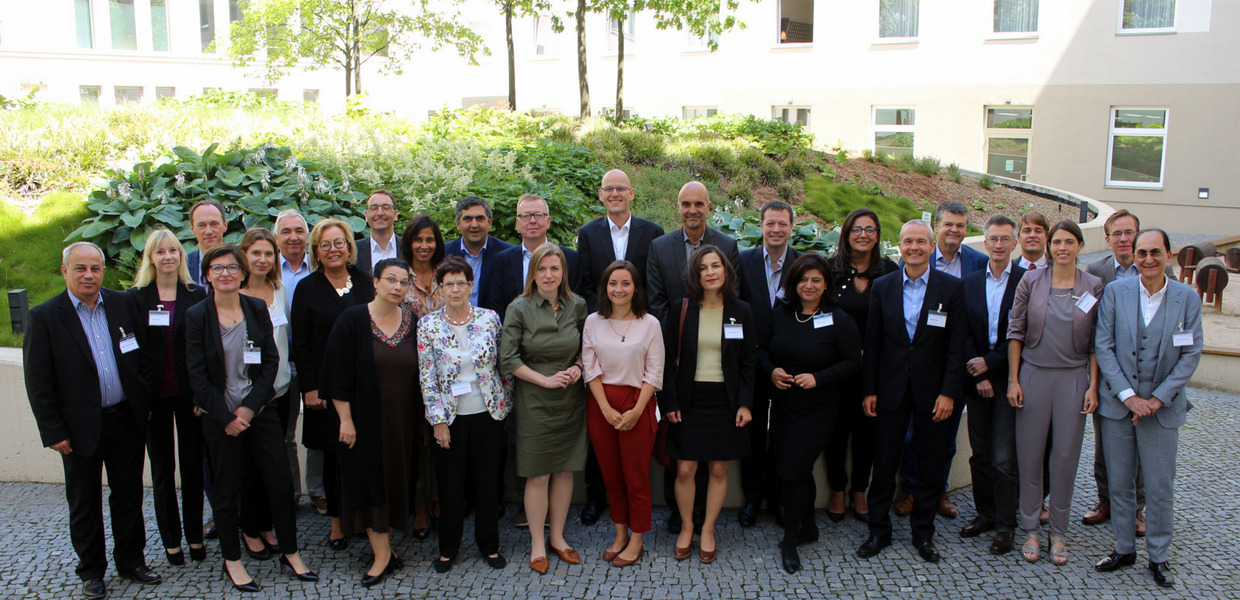Living together in diversity can be learned
In addition to their various specialist perspectives, the experts also contributed country-specific points of view. For example, it became apparent that in countries such as Canada and the United Kingdom, cultural diversity is acknowledged as a part of society entirely as a matter of course. However, the experts stressed that here too, this has been the result of a learning process that has taken time. In addition, experiences from Belgium made it clear that handling cultural diversity positively is not reserved solely for the Anglo-Saxon countries traditionally known for their openness to different cultural identities. By approaching the task prudently, societies that have less experience with cultural diversity can also learn to deal with it effectively.
Overall, the experts stressed that a balance between the recognition of differences and an awareness of similarities is important for living together successfully in cultural diversity. Furthermore, they indicated that this path must be regarded as a long-term societal task, demanding both perseverance and patience. At the same time, they said that small advances, such as the development of personal relationships within one’s own immediate environment, represent important steps along this road.
